Not-So-Tiny Engines: The Growth of a Small Label, the Mistakes Made, and the Effect on Bands
As small music labels like Tiny Engines grow, bands should see that growth, too. But if that’s not the case, how can fans show their support?
Last week, Stevie Knipe, singer-songwriter of Adult Mom, posted a series of tweets addressing their recent issues with Tiny Engines, a label that has grown largely since its start in 2008. Tiny Engines had neglected to pay out royalties to Knipe over the last few years from the Adult Mom releases Momentary Lapse of Happily (2015) and Soft Spots (2017). In the tweets, Knipe recounts their experience with the label, which included a demand to return the Adult Mom master rights due to Tiny Engines’s breach of contract, an unsettling phone conversation with the owner about money, and getting a lawyer involved. The tweets resulted in days of silence from Tiny Engines, which created feelings of confusion and anger amongst other bands on the label, especially those who recently signed a contract or released a record during the label’s disappearance.


Knipe started an email thread with every Tiny Engines band they could find a contact for, checking in and starting a dialogue on how they could support each other during this time of limbo. Knipe received responses from an overwhelming amount of musicians on Tiny Engines claiming that similar issues over royalty payouts had been happening to them for years. “At this point, we’re all in it together and supporting each other, and reaching out to the same lawyer,” says Knipe. “We’re trying to do anything we can as a team.” Bands without an upcoming release were worried about what they would do next, while bands with releases scheduled in 2020—or bands like Pendant, who released a new record during the label’s silence—were fearful of what would happen to their work. “Everyone feels like a chicken with their head cut off,” says Knipe. “No one knows what to do. But I think the coolest part of this so far is figuring out ways people can support Adult Mom and other bands without supporting the label itself.”
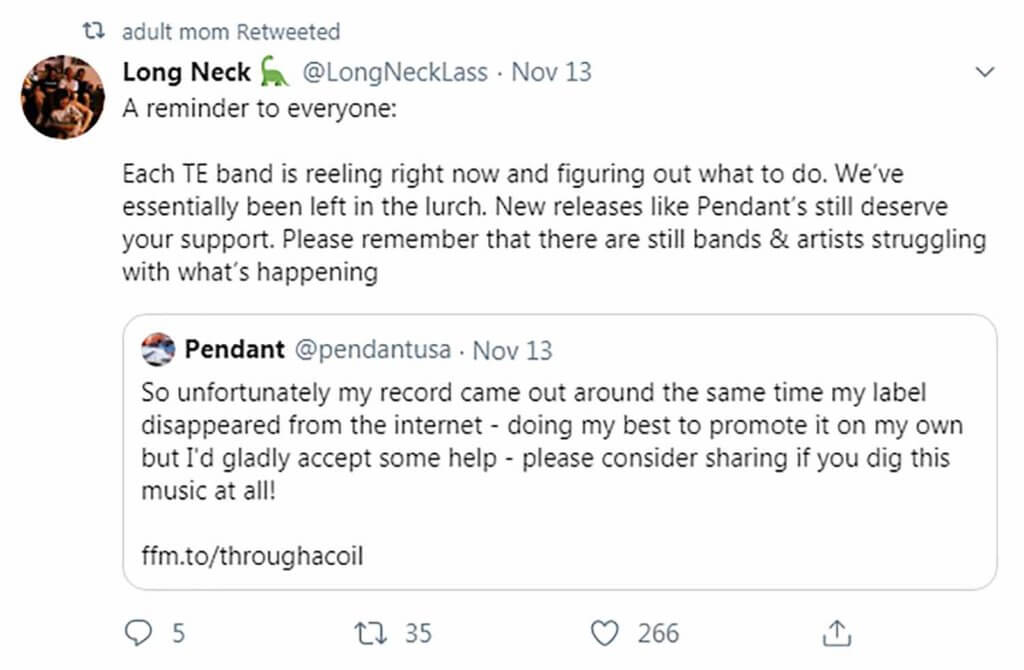
While Tiny Engines has yet to make a public statement, they have started reaching out to bands, and last Friday they responded to Knipe with an offer to return their masters. Tiny Engines co-owner, Chuck Daley, emphasizes that the label’s number one focus right now is to fix the inconsistencies in accounting: “We recognized the issue a couple of years ago, and it stemmed from us being a hobby label. And then things started to go well. We started to do contracts, and then suddenly realized that this accounting is way more than what we’re qualified to handle.”
Tiny Engines recently started working with a bookkeeper to make sure payments are made on time moving forward, and hired a royalty firm with a platform that sends out automatic emails, generated statements, and has a dashboard that all bands will have access to for transparency and timely payments. The label has also been attempting to make amends with bands, allowing anyone with a scheduled 2020 release (that’s not too far into the process) and bands contracted for a second record to walk away. “It’s been a chance for us to reevaluate, and take responsibility for the stuff we messed up on, and how to fix that going forward,” says Daley. “I do think there’s some valid points being made about masters versus licensing, and going forward I’m definitely open to discussions. Maybe there’s a middle ground.”
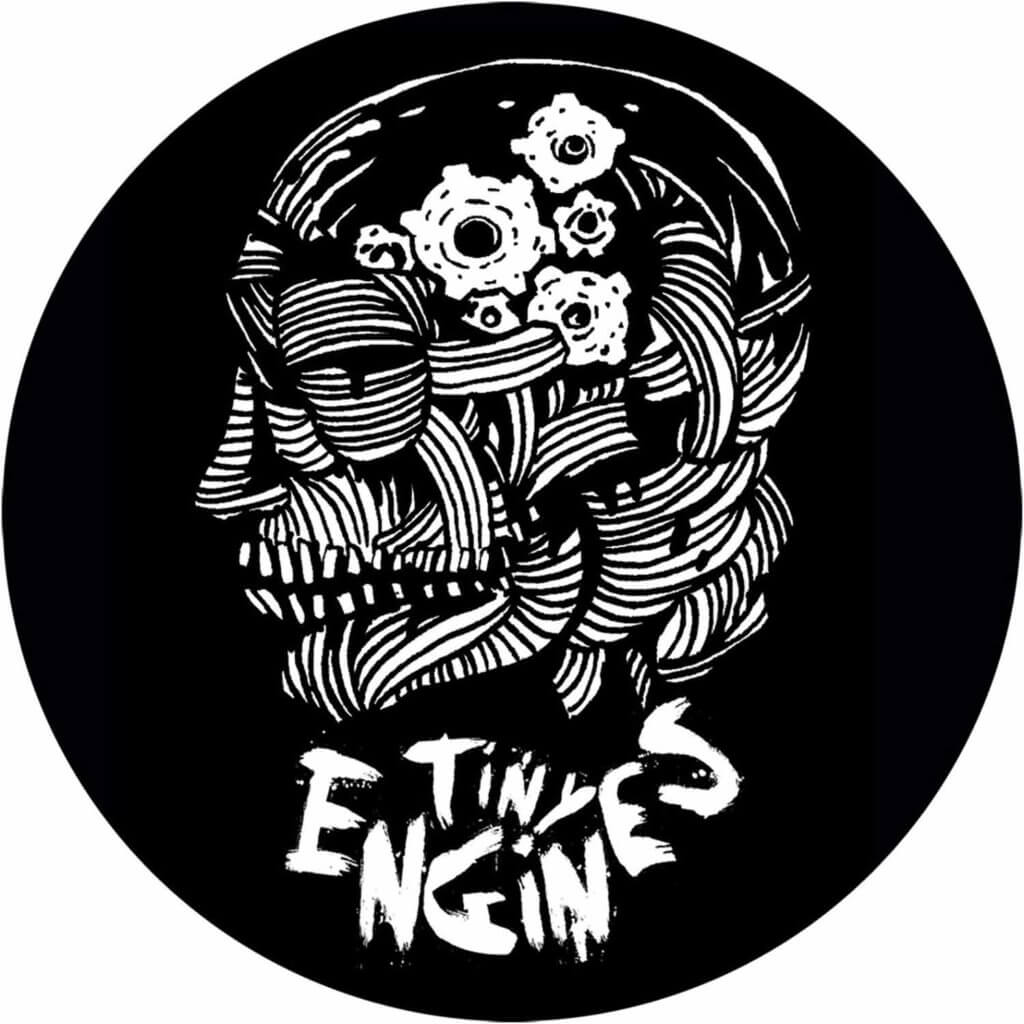
Of course, those recent changes made by Tiny Engines do not mend the professional and personally damages experienced by Knipe. And the ever-contentious conversation between musicians and labels about master rights shows how similar the music industry can be at different levels, from major to independent labels. However, Knipe urges the industry to remember that Taylor Swift, who is also in the middle of a master rights battle, is a multi-millionaire, and one of the world’s highest paid celebrities—when it comes to low income and indie artists, owning master rights can make a significant difference in income, or even affect making rent month-to-month.
“Think about how any union has started—the workers set the standard,” says Knipe. “If all of us say no [to label’s owning masters], then they will have to change the standard.”

Joseph D’Agostino, frontperson of the now defunct Cymbals Eat Guitars, recently signed to Tiny Engines with his new project, Empty Country. Having been fully immersed in the music industry for over a decade, he believes that any label permanently owning a musician’s master rights should not be the norm, and that figuring out a deal that respects a musician’s right to their own art and a label’s need to run a stable business should be negotiated. “Generally, I feel that a 7-year license should be long enough of a term for any label to figure out a way to recoup a reasonable initial investment,” says D’Agostino through email. “On the other hand, I don’t necessarily think that master ownership deals are inherently evil. They’re definitely not unusual, but I think there needs to be very good communication about all possible options.”
With Tiny Engines, D’Agostino was offered a choice between a seven-year license with no advance, or to buy his masters outright: “It points to the larger questions many artists are asking ourselves, about how to value our work and feel viable in a time when few people buy records.” Last week, D’Agostino announced that Empty Country got out of their contract with Tiny Engines, and are looking elsewhere for a label to release their debut album.
Since leaving Tiny Engines, Knipe has been working with Patreon to help support their music and livelihood as they finish up Adult Mom’s third record and look for a new label. The money Knipe receives through Patreon goes directly to them, and creates a community of fans that the musician can interact with and create content for specifically. “At the end of the day, I want the fans to know that we’re doing this together—it’s a mutual exchange,” says Knipe. They add that fans are more understanding than ever of how important their direct purchases are to a musician’s livelihood.

How Fans Can Support Bands in Label Limbo:
- Support bands directly by purchasing a Patreon membership, or through other direct avenues.
- Go to shows, buy tickets, and buy mech directly—the easiest way to show your support.
- Purchase album downloads directly through band by Paypal or Venmo.
- Keep in mind that oftentimes a Bandcamp is linked with a label, which means the label will be be taking a cut of the money. Check to make sure that the band’s Bandcamp purchases are redirected to them and not the label.

Lily Mastrodimos, singer-songwriter in Long Neck, a Tiny Engines band that currently has an album release scheduled for 2020, mentions that fans should not boycott the label, but keep supporting the bands that are still on Tiny Engines: “Don’t punish the artists for the label’s mistakes. A lot of the artists impacted by these developments have just released music—it’s important that people continue to circulate those albums online, share them, buy them at their shows (or once they’re online under the band’s own account), go to those shows. We’ve all been put in very precarious positions.”
In telling their story, Knipe breaks down the illusion of musicians living ideally, whether it be an indie band or a mainstream musician: “It’s cool to get the general public to understand what happens behind closed doors. [Some] people have romanticized opinions of how records get made, how tours go, how shows are. It’s a business based upon the rock star projection—that’s when things get really messed up, abuses get covered up. That’s one of the biggest problems in music: the romanization of artists. Things like this help bring us to a level playing field. I just want fans to understand that this is a mutual act. We have to give to you, and you give back.”




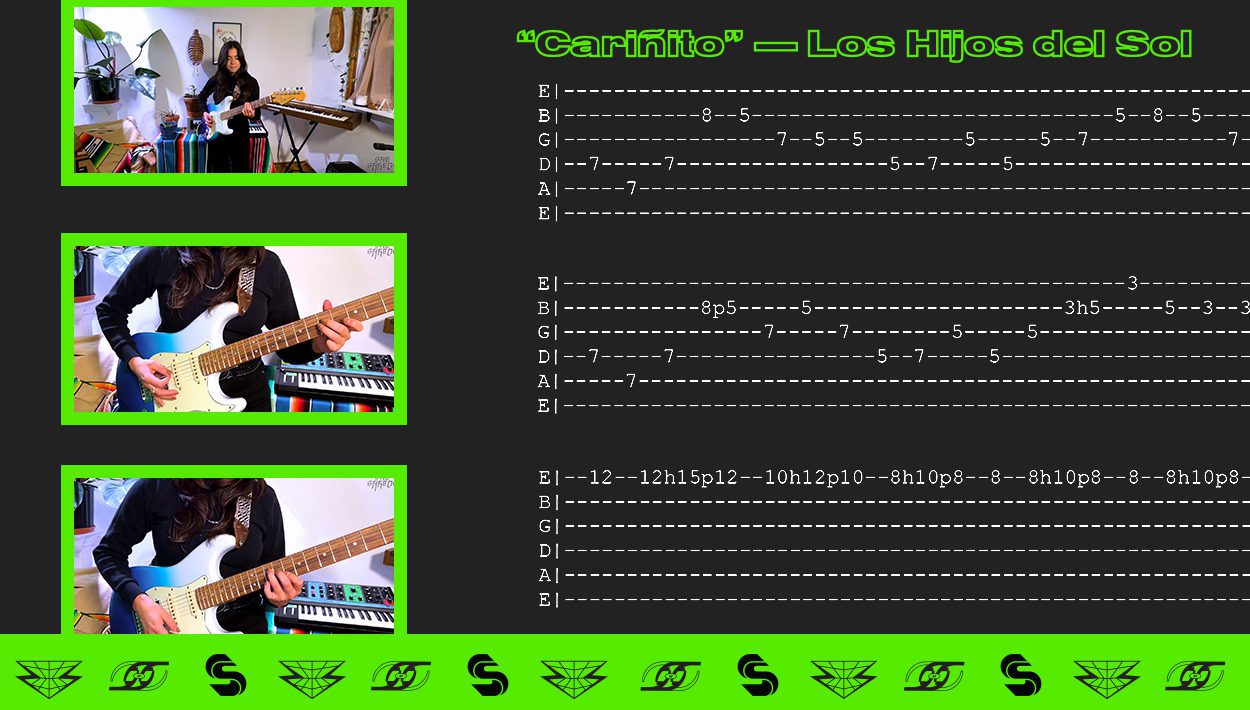



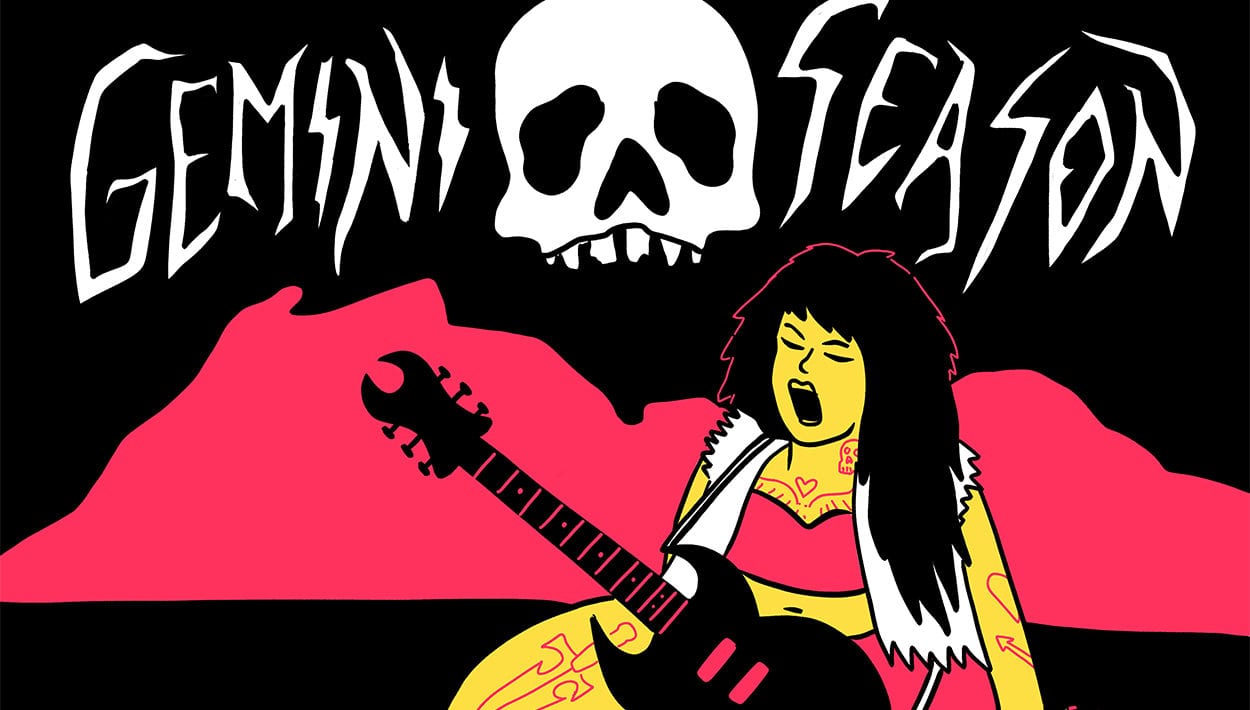

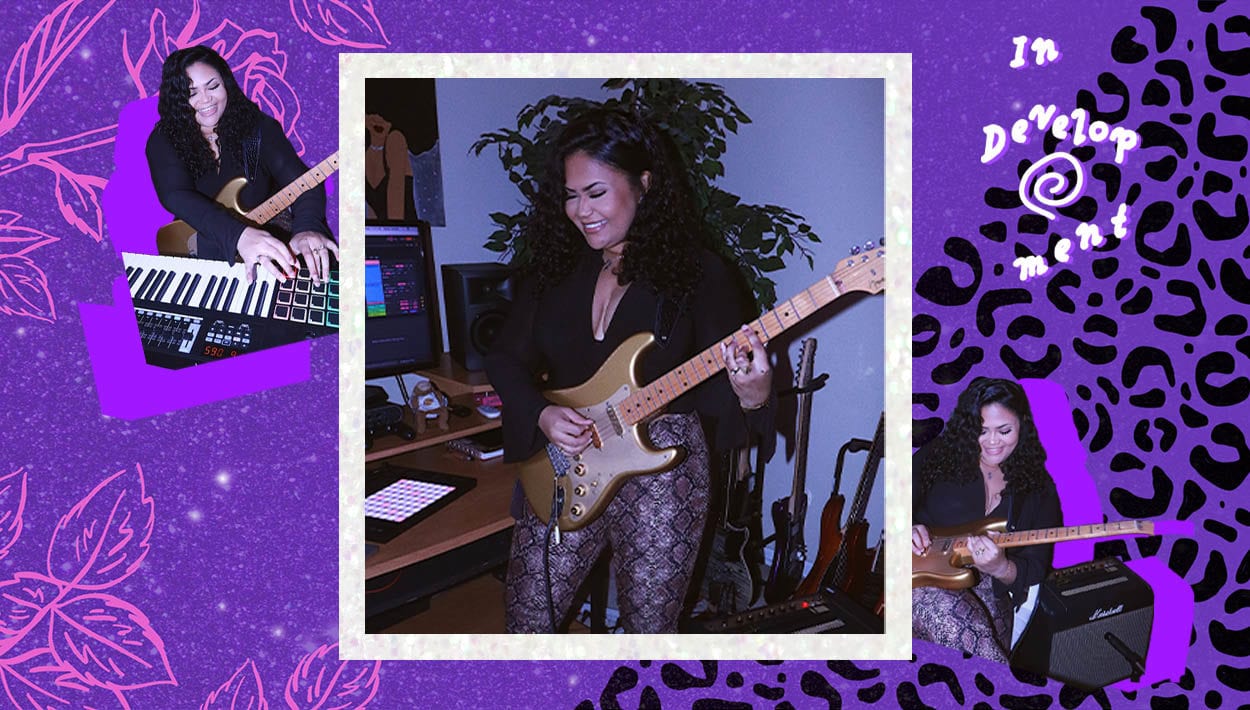
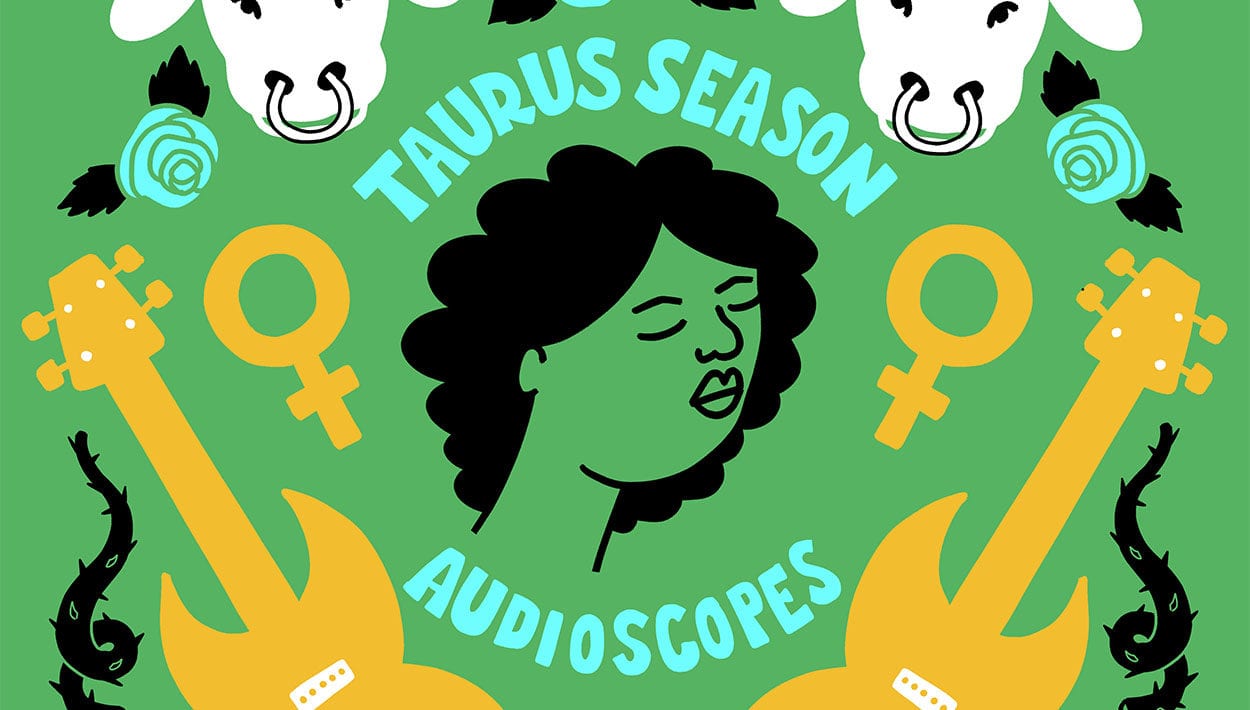


Comments
No comments yet